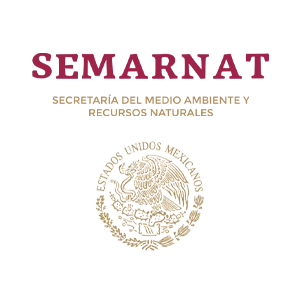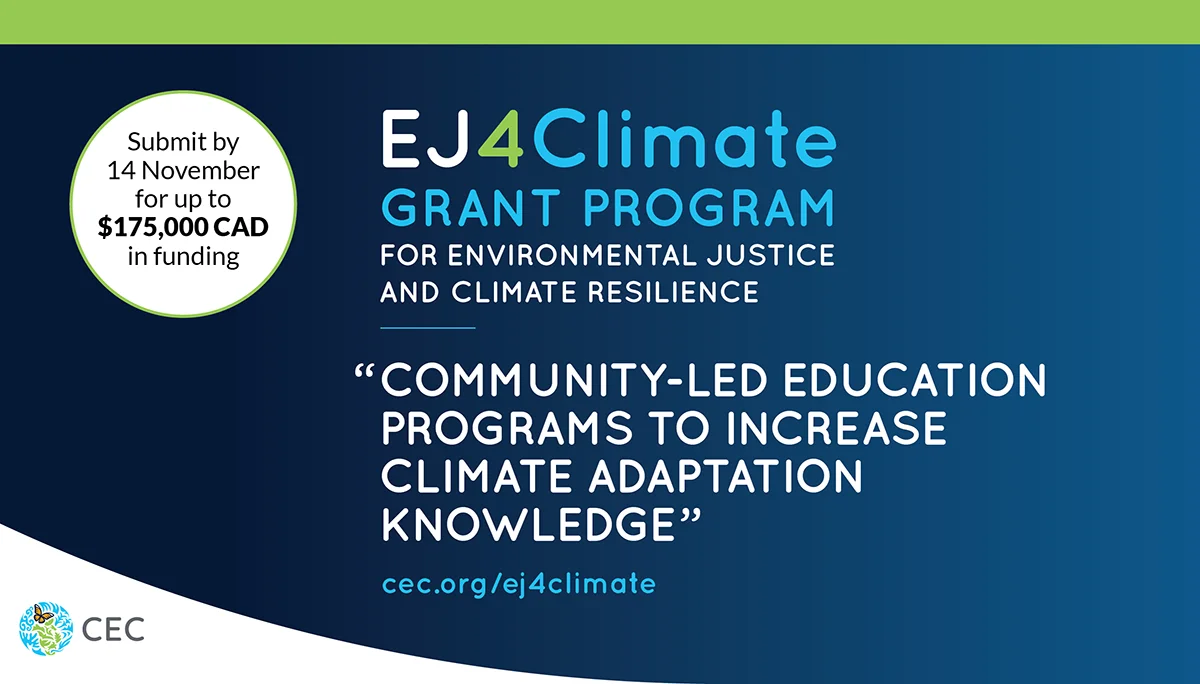Community-led Environmental Education Initiative for Biocultural Heritage Protection
Status: Active
Operational Plan: 2022
Project Duration: 30 months
Start date: January 21, 2025
North America is experiencing a diverse array of socio-environmental and economic challenges due to ecosystem degradation and climate change. These challenges disproportionately affect systemically vulnerable communities, including Indigenous communities and minority groups. Addressing these issues requires a comprehensive approach that recognizes the region’s economic, ecological, cultural and social diversity. Sustainable long-term solutions are often developed at a local level, where community engagement and leadership play a critical role.
This initiative will develop and test an Environmental Education Framework that considers diverse knowledges. This framework will support systemically vulnerable communities to strengthen their capacities for ecosystem conservation or community climate action, through an intergenerational participatory approach that will also promote the creation and or strengthening of environmental leaders (preferably youth between 18 and 30 years old) within the communities.
Under this initiative the CEC will be looking to collaborate with communities and organizations in North America that are interested in advancing this work. The framework will be co-designed and adapted in collaboration with youth and other representatives from the identified communities.
To find out more about this project, here is the complete project description.

Issues
- Environmental issues including ecosystem degradation and climate change disproportionately affect systemically vulnerable communities, such as Indigenous and minority populations.
- Environmental education frameworks often lack the integration of diverse understandings of the world, including Indigenous and local knowledge.
Aim
This initiative, aims to develop and test an Environmental Education Framework that considers diverse knowledges, including Traditional Ecological Knowledge (TEK) / Indigenous Knowledge (IK) and academic knowledge. It will empower systemically vulnerable communities to tackle challenges related to ecosystem conservation and climate change. This framework will follow the principals of knowledge dialogue[1] and education via a focus on biocultural heritage protection to strengthen young leaders’ capacities for effective engagement, participatory processes, and community-led projects through an intergenerational participatory approach.
On the whole, this initiative will enhance community social resilience to foster environmental stewardship and network-building within and across communities.
[1] Knowledge dialogue is a communication process between diverse groups, integrating research and education, enhancing underrepresented groups’ participation, linking science and everyday knowledge, particularly regarding environmental inquiry (adapted from Anderson et al., 2015, and Bastidas et al., 2019).
Deliverables
- An Environmental Education Framework (Version 1): Initial version that integrates diverse knowledge to strengthen young leaders’ capacity to address local ecosystem conservation and climate action.
- Three pilot projects, one per country. During these pilots the framework will be co-adapted to the community’s context and needs working in close collaboration with youth and other representatives from the community.
- A community of practice with members from the selected communities to share challenges and lessons learned.
- A Version 2.0 of the Environmental Education Framework that integrates the results from the pilot project(s) and input from the knowledge sharing workshop.
Related Projects
Contact
For more information about this project or to partner with us, contact:
Armando Yáñez Sandoval
Head of Unit, Green Growth




